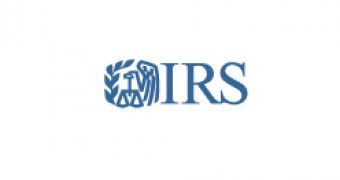This is the time of year when cybercriminals launch tax-related scams in an effort to trick taxpayers into handing over their personal details. The US Internal Revenue Service (IRS) and experts are warning people to beware of identity theft and phishing scams.
Avast! experts provide some valuable advice on how to identify scams and how to avoid falling victim.
It’s important to remember that all official government websites, including the one of the IRS, are hosted on .gov domains. Don’t be fooled by replicas hosted on .com, .net or .org domains since they’re likely part of a criminal scheme.
It’s also important to note that the IRS will never contact taxpayers via email, SMS messages or social media in order to request personal or financial information.
In one incident, college students were offered education tax refunds. The scammers posted flyers on campuses to advertise the tax scam.
Victims were requested to pay a preparation fee and hand over their social security numbers and bank account information. In such cases, the crooks not only earn money directly, but they can also use the bank account information for other schemes.
The IRS urges taxpayers to be on the lookout for homemade flyers that advertise credits or refunds without the need of eligibility or income proof, and offers of free money that don’t require any documentation.
The organization also warns about Internet solicitations that direct to toll-free numbers. In most cases, the scammers request sensitive information such as social security numbers.
In case you’re a victim of such scams, contact the IRS’s Identity Protection Specialized Unit and file a report. Additional information is available on the organization’s sites dedicated to identity theft and phishing.
On Monday, we detailed such a spam campaign. Take a look to see what a malware-laden tax-related email looks like.

 14 DAY TRIAL //
14 DAY TRIAL //